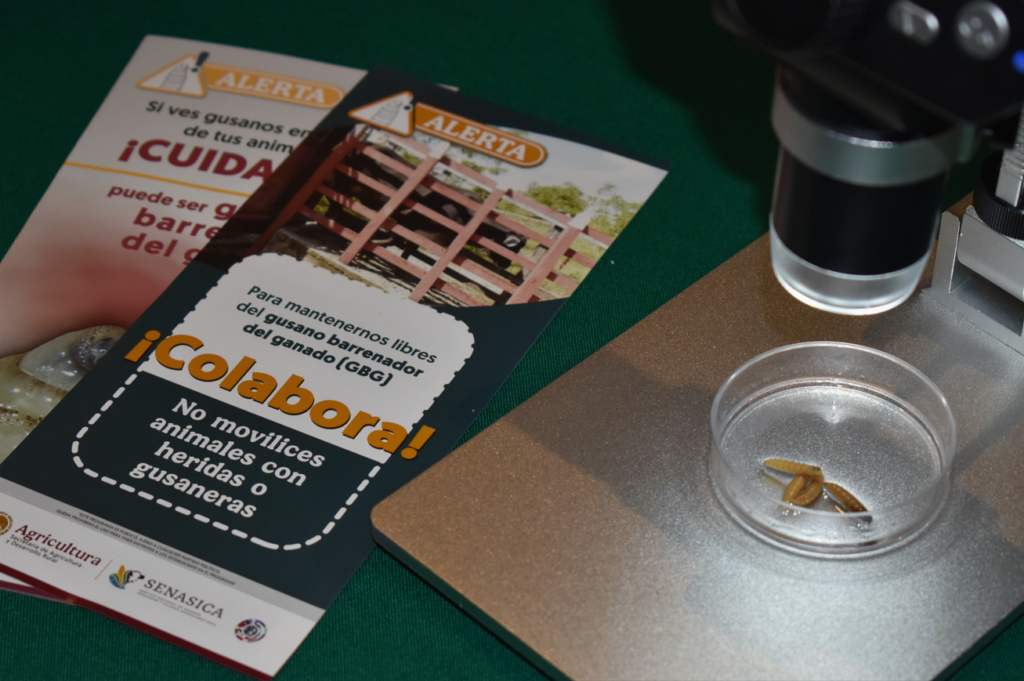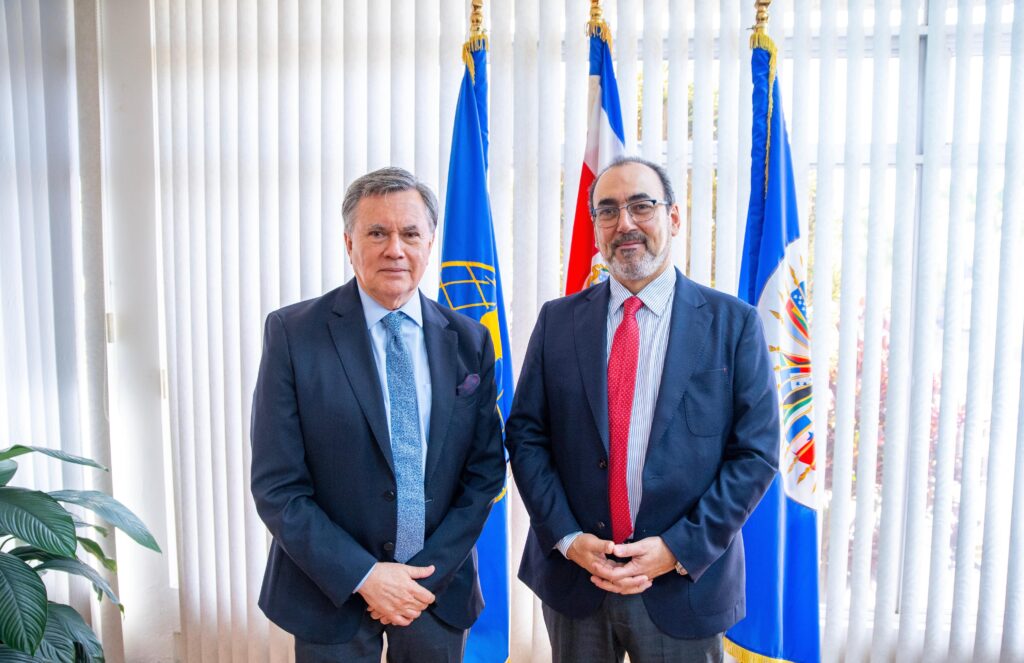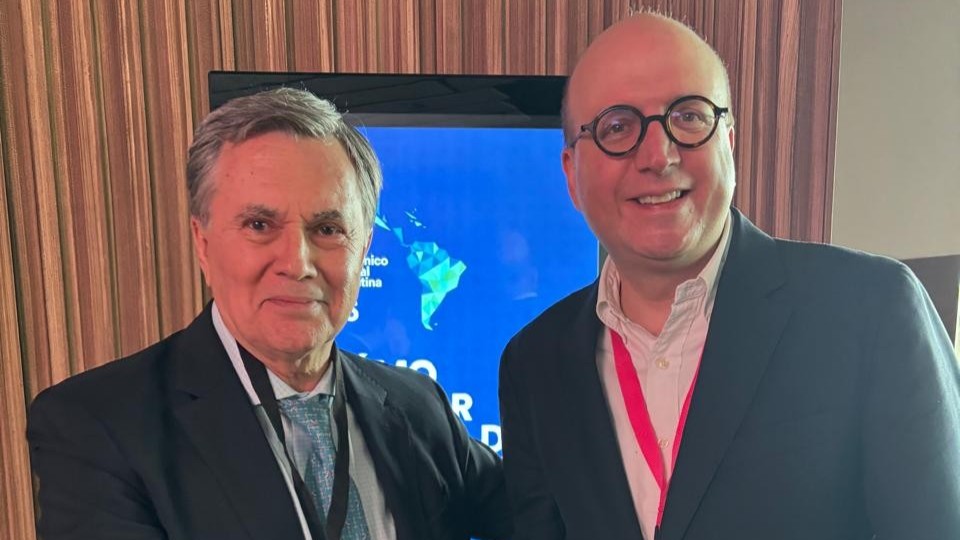To celebrate the International Day of Women and Girls in Science, IICA features four women who have faced the challenging task of managing international research projects.
Women scientists are a powerful force in agriculture. Whether it is their work as managers, breeders, pathologists, entomologist, soil experts, they make valuable contributions to agriculture and rural livelihoods.
Currently, women comprise about 43 percent of the agricultural labor pool in developing nations, and they are continuing to advance in the agricultural sciences.
To celebrate the International Day of Women and Girls in Science, IICA features four women who have faced the challenging task of managing international research projects. These remarkable women have a passion for science and work for the benefit of small farmers in Latin America.
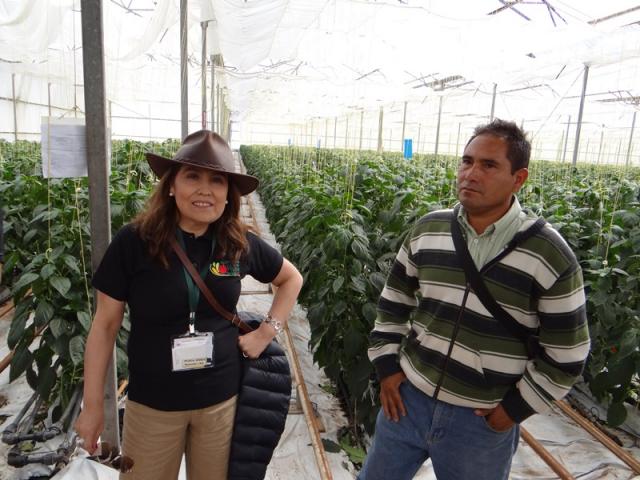
María Teresa Pino is a plant geneticist and physiologist working at the national agriculture research institute- INIA- in Chile. She is a natural leader with 25 years of international experience and an impressive track record of publications. Her work has focused on crops of key importance for food security, such as wheat and potatoes. With funding provided by the Regional Fund for Agriculture Technology (FONTAGRO), she coordinated a team of scientists from Chile, Uruguay and the International Potato Center in Peru, to use biotechnology to characterize the resistance of crops to high temperatures and drought. The most promising materials were then validated with famers in their own plots to evaluate the crop performance under the farmer’s conditions. When asked for her advice for young scientists, María Teresa replied, “Responsibility and respect to those who work with us is the most important aspect of collaboration. We must cultivate alliances and build trust. And we should be flexible to look for solutions because the scenarios constantly change and we must be connected with reality. If you establish relationships based on trust, the projects are carried out more easily”. María Teresa won FONTAGRO’s Excellence Award in 2014, an award that recognizes the teams’ productivity and effective results. FONTAGRO talked to her on that occasion, see the full interview.
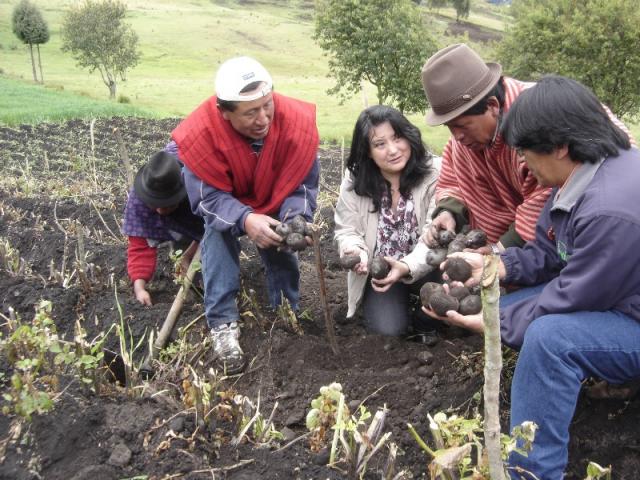
Potatoes are one of the Andean region’s greatest contributions to the world. In Ecuador alone, there are around 550 varieties of native potatoes. However, these varieties, particularly the colored ones, had been ignored by farmers and were almost extinct. Cecilia Monteros, a researcher with the National Agricultural Research Institute, INIAP, in Ecuador decided to do something about it. In 2005, Cecilia led a project to revalue the native potatoes and strengthen their value chain. She explained, “We found that many farmers we visited no longer wanted to plant native potatoes. The younger farmers in particular didn’t even want to eat them because they thought they were damaged. They couldn’t find a market for them. Many of the farmers we visited had even lost their seeds”. In response, she led a multi-national research group that characterized the potatoes’ germplasm, and released two varieties with high nutritional content. Working with the industry, a snack made with colored potatoes was developed and put on the market. The native potato project not only opened new markets for potato processors but also integrated small producers into high-value chains, encouraging them to preserve their genetic resources. More on her project and Cecilia’s work can be found here.

Scientists are constantly battling the many pests and diseases that attack food crops. Elizabeth Alvarez is winning the fight against the cassava frogskin disease, a serious threat to the industry in Latin America. Elizabeth is a plant pathologist working at the International Center for Tropical Agriculture, CIAT, located in Colombia. With financial support from FONTAGRO, she led a team of researchers from Costa Rica, Paraguay and Colombia who worked in collaboration with many farmers in these countries to implement technological innovations for managing the disease. “We worked to strengthen the research capacities among scientists, field technicians and farmers to understand the disease. We not only worked with researchers, but also involved the private sector, including small farmers associations. We know that working in consortia is a successful model. The networks that we formed are still active and allow us to connect with our partners in other initiatives”. She won FONTAGRO’s Excellence Award in 2010 for her work along researchers in Venezuela, Ecuador and Colombia to implement technological innovations to reduce the use of agrochemicals in banana crops. Elizabeth continues working in her lab and with farmers in their own plots to combat diseases of tropical crops. Hear about her work in this video.
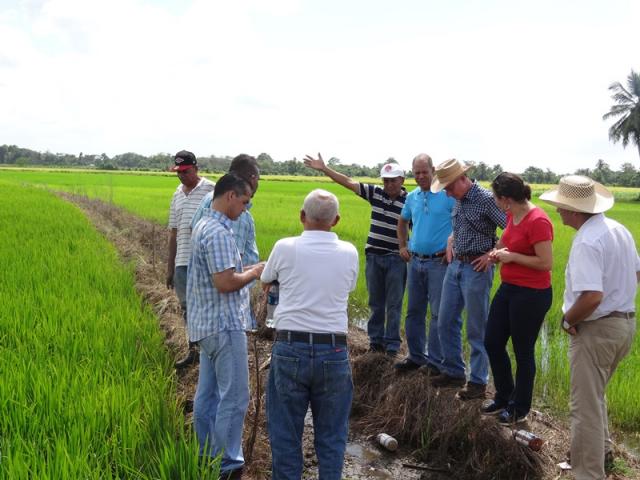
Kelly Witkowski, an agriculture and climate change specialist with IICA, works to develop capacities in the Latin American and Caribbean agriculture sectors to address the challenges of climate change. Currently, she coordinates a project focusing on validating the system of rice intensification (SRI) in Colombia and the Dominican Republic. Working with local professionals, the project is gathering field data from several locations in the two countries to understand how this system can enhance resilience to climate change by using less water, seed, and labor while improving rice productivity. “I am really excited about SRI because it is based on agro-ecological principles and is really a flexible methodology that can be adjusted to meet the needs of all producers. Its principles are constant, but the practices can differ in each place to respond to farmers’ priorities and abilities. Once farmers learn about SRI and get the hang of it, it can make significant contributions to enhancing their climate resilience” she explains. As a young professional, Kelly is very keen in using every tool at her disposal to build partnerships and communicate the results, not only through the project’s field days and demonstrations, but also through webinars, radio programs, and publications. Her team is sharing the advances of SRI through a facebook page to disseminate knowledge on the topic to researchers and practitioners in Latin America. Kelly continues disseminating the results and motivating other scientist to join the network and promote the benefits of SRI. More information about this work can be viewed here.
These four examples demonstrate the key role that women are playing to advance agricultural research and technology development in Latin America. Currently 16% of the projects co-funded by FONTAGRO are led by women, but many more projects incorporate women scientists, field technicians and farmers in their networks, especially at the local level. They are working hard to bring innovations to solve many critical problems faced by small farmers, proving that there is a place for everyone in agriculture.
Women are leading the way in science, technology and advisory services in many countries and their voices are adding an important perspective that is vital to discussions and decisions being made. As these four women exemplify, it all starts with building networks, partnerships and alliances where women play a leading role to move from talk to action.
Surely there are many other women out there who are looking to advance into leadership positions, not just in agriculture, but in all fields across the globe. Development organizations must identify and empower groups of women and men champions and build a critical mass of visionary leaders, change agents and risk takers to start balancing the gender equation.
For more information:
Priscila Henríquez, Ph.D., Specialist- Management of Technological Innovation in Agriculture, IICA
priscila.henriquez@iica.int
